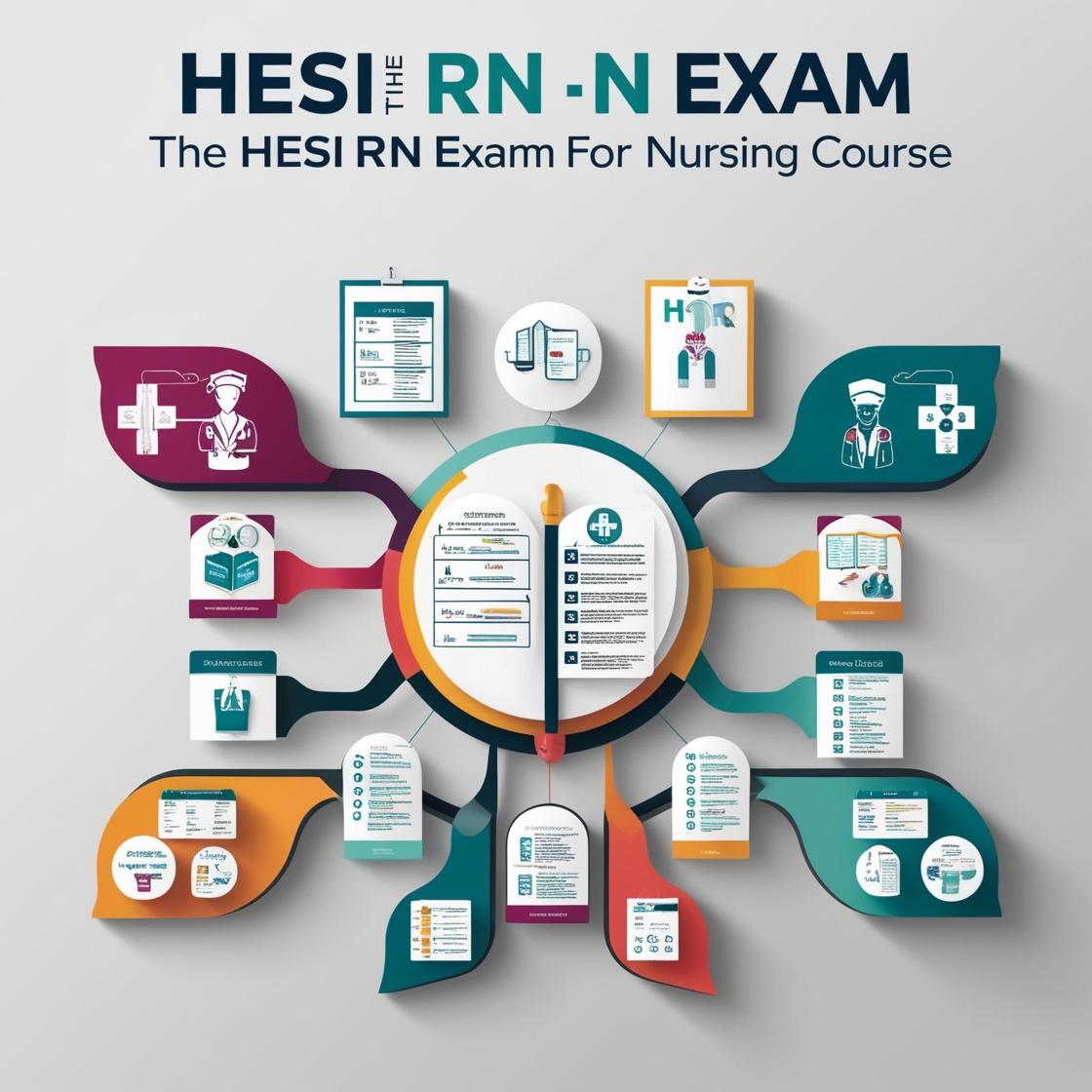HESI RN
HESI Fundamentals
1. At a motor vehicle collision site, a nurse applies pressure to a groin wound that is bleeding profusely until emergency personnel arrive. Subsequently, the client undergoes leg amputation and sues the nurse for malpractice. What is the most likely outcome of this lawsuit?
- A. The Patient's Bill of Rights protects clients from malicious intents, so the nurse could lose the case.
- B. The lawsuit may be settled out of court, but the nurse's license is unlikely to be revoked.
- C. There will be no judgment against the nurse, as their actions were protected under the Good Samaritan Act.
- D. The client will win because the four elements of negligence (duty, breach, causation, and damages) cannot be proved.
Correct answer: C
Rationale: The Good Samaritan Act shields healthcare professionals who act in good faith and offer reasonable care from malpractice claims, irrespective of the client's outcome. In this scenario, the nurse stopping to render aid at the accident scene and applying pressure to the bleeding groin wound would likely be covered by the Good Samaritan Act, protecting the nurse from legal repercussions related to the subsequent leg amputation.
2. A client with a diagnosis of coronary artery disease is receiving atorvastatin (Lipitor). Which laboratory test should the nurse monitor to evaluate the effectiveness of this medication?
- A. Complete blood count (CBC)
- B. Serum potassium level
- C. Liver function tests (LFTs)
- D. Serum cholesterol level
Correct answer: C
Rationale: To evaluate the effectiveness of atorvastatin (Lipitor), the nurse should monitor liver function tests (LFTs) (C) because this medication can impact liver function. Complete blood count (CBC) (A), serum potassium level (B), and serum cholesterol level (D) are not directly indicative of the medication's effectiveness in managing coronary artery disease.
3. A client is admitted with a stage four pressure ulcer that has a black, hardened surface and a light-pink wound bed with malodorous green drainage. Which dressing is best for the nurse to use first?
- A. Hydrogel dressing.
- B. Exudate absorber.
- C. Wet-to-moist dressing.
- D. Transparent adhesive film.
Correct answer: C
Rationale: The best initial dressing for a stage four pressure ulcer with necrotic tissue is a wet-to-moist dressing. This dressing helps to provide moisture, soften necrotic tissue, and prepare the wound bed for healing. It promotes autolytic debridement and can help manage malodorous drainage. Once the necrotic tissue is loosened, other advanced dressings like hydrogel or alginate may be used in the wound bed to facilitate healing.
4. Which nonverbal action should be implemented to demonstrate active listening?
- A. Sit facing the individual.
- B. Cross arms and legs.
- C. Avoid eye contact.
- D. Lean back in the chair.
Correct answer: A
Rationale: To demonstrate active listening effectively, it is essential to display open and engaging body language. Sitting facing the individual helps convey attentiveness and a willingness to listen. Maintaining eye contact further enhances the connection and shows respect and interest in the conversation. Crossing arms and legs can create a barrier and signal defensiveness or disinterest. Avoiding eye contact may suggest a lack of engagement or attentiveness. Leaning back in the chair can indicate relaxation but might be perceived as disengagement. Therefore, the most appropriate nonverbal action to demonstrate active listening is to sit facing the individual and maintain eye contact.
5. A male client is on contact precautions due to an infected draining wound and is being discharged home. The client lives at home with his wife and their adolescent daughter. What discharge instruction should the nurse include for the client?
- A. Use disposable plates and utensils.
- B. Stay in a room with the door closed.
- C. Dispose of soiled dressings in plastic bags that are securely closed.
- D. Others who are in the same room with the client should wear a mask.
Correct answer: C
Rationale: When a client is on contact precautions due to an infected draining wound, it is important to prevent contact with wound secretions. Therefore, disposing of soiled dressings in securely closed plastic bags helps contain and prevent the spread of infectious material, reducing the risk of transmission to others in the household.
Similar Questions

Access More Features
HESI RN Basic
$69.99/ 30 days
- 50,000 Questions with answers
- All HESI courses Coverage
- 30 days access @ $69.99
HESI RN Premium
$149.99/ 90 days
- 50,000 Questions with answers
- All HESI courses Coverage
- 30 days access @ $149.99
